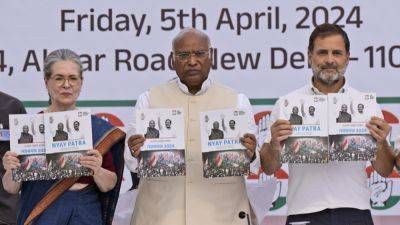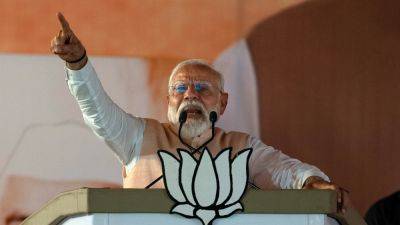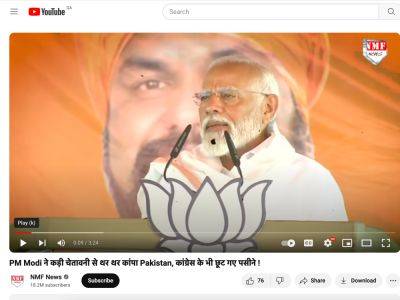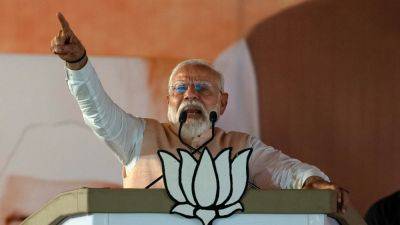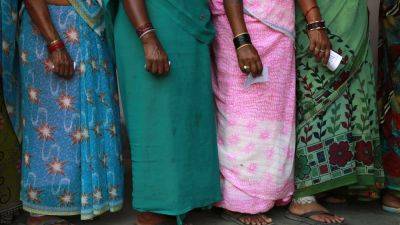India’s 2024 General Election: What to Know
India is holding its multiphase general elections from April 19 to June 1, in a vote that will determine the political direction of the world’s most populous nation for the next five years.
The usually high-turnout affair, which was formally set on Saturday, is a mammoth undertaking described as the biggest peacetime logistical exercise anywhere.
Prime Minister Narendra Modi, whose power is well entrenched, is seeking a third term. In his decade at the helm, he has projected himself as a champion of India’s development, trying to address some of the basic failures — like antiquated infrastructure and a lack of clean water and toilets — holding the country back from reaching its potential as a major power. But his push to reshape India’s secular democracy as a Hindu-first nation has aggravated the religious and ethnic fault lines in the hugely diverse country.
In a region of frequent political turmoil, India is deeply proud of its nearly undisrupted electoral democracy since its founding as a republic more than 75 years ago. Although independent institutions have come under assault from Mr. Modi’s efforts to centralize power and the ruling party is seen as having an unfair advantage over political fund-raising, voting in India is still seen as free and fair, and results are accepted by candidates.
India has a parliamentary system of governance. The party leading the majority of the 543 seats in the upper house of the Parliament gets to form the government and appoint as prime minister one of its winning candidates.
The country has over 960 million eligible voters, with about 470 million of them women. Turnout in Indian elections is usually high, with the parliamentary elections in 2019 drawing a 67 percent turnout.


